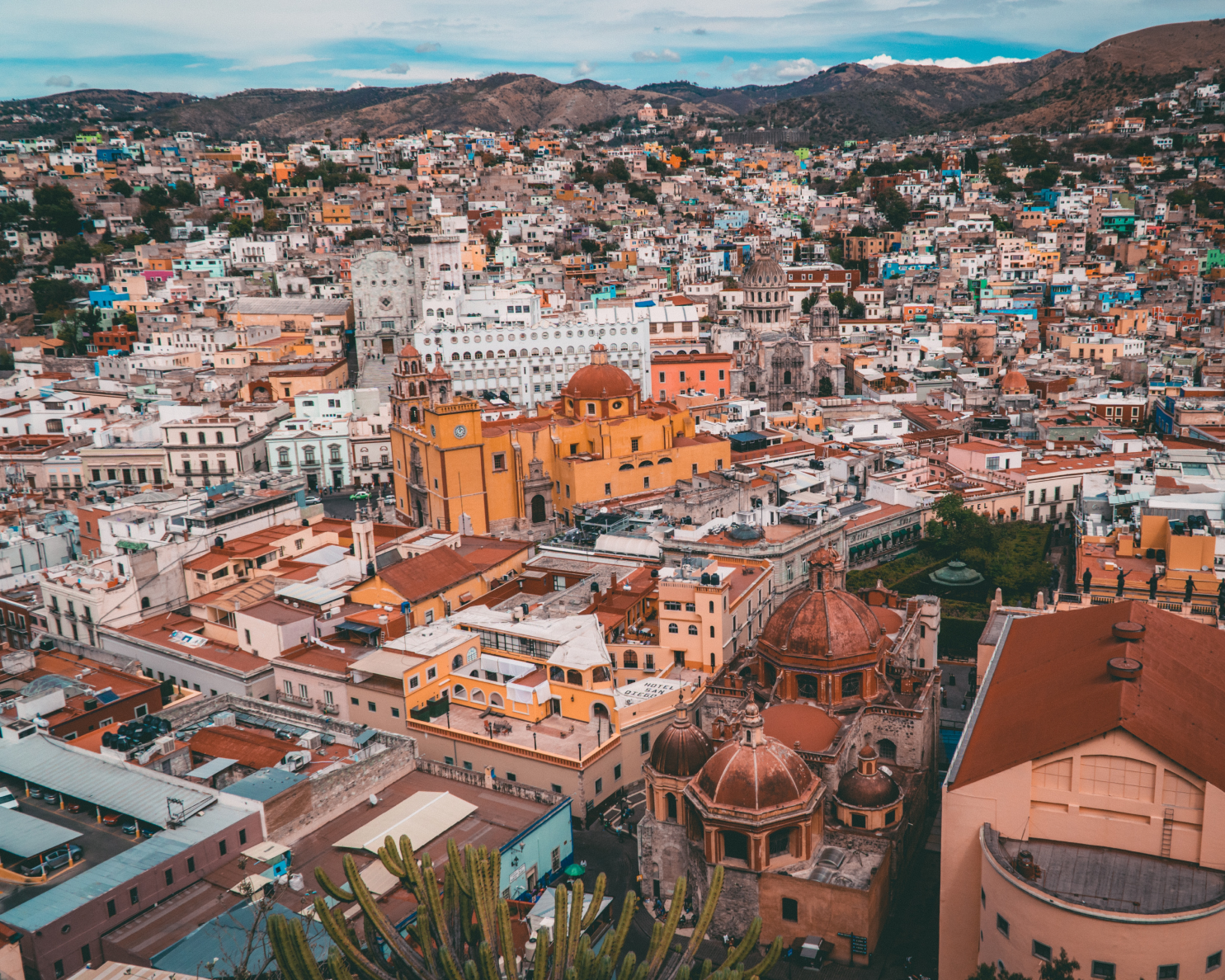Description
Driven by a strong Environmental, Social and Governance (ESG) investment demand, Majid Al Futtaim launched its first Green Sukuk (bond) in May 2019, raising USD 600M at a coupon rate of 4.637%, with a 10-year timeframe, due May 2029. The issuance marked the first green sukuk issuance by a corporate issuer rather than a financial institution in the GCC. Majid Al Futtaim is one of the largest developers and operators of shopping malls and hypermarkets in the Middle East and North Africa. This highly successful issuance was followed by a second USD 600M green sukuk (bond) issuance by Majid Al Futtaim in October 2019. As is the case with an ESG conventional bond, the defining feature of an ESG sukuk (bond) is that the issuance proceeds must be used for environmental, social and/or governance purposes, while the key distinction is that the issuance will assume a Shari’a-compliant structure rather than a conventional issuance structure. Depending on the nature of the issuance in question, the use of proceeds may be for a specific project or operation and in the case of Majid Al Futtaim, the issuance proceeds were to be applied in accordance with the company’s Green Finance Framework for any one of four eligible project categories: green buildings; renewable energy; sustainable water management; and energy efficiency. Green sukuk issuances cannot be removed from commercial considerations such as diversification of the issuer’s investor base, liquidity and cost of funds. In the Middle East it appears that portfolio managers’ awareness is increasing with regards to including sustainable assets as part of a diversified portfolio, and managed funds are becoming increasingly decisive in their desire to invest in yielding sustainable assets. Majid Al Futtaim’s sukuk (bond) was five times oversubscribed according to Nasdaq Dubai, the exchange on which it is listed. There are 14 green building assets covered by the Sukuk (bond), and certified using the US Leadership in Energy and Environmental Design (LEED). There are currently 11 LEED Gold and 3 LEED Platinum assets. It is estimated that in total they are resulting in estimated avoided GHG emissions of 10,134 tCO2e, from reduced energy and water use and low-carbon materials and construction techniques.
Location
UAE
Region
MENA
Instrument
Green Sukuk (private sector issuance)
Instrument category
Debt financing
Secondary instruments
N/A
Project size (range)
> USD 200M
Project size (details)
USD 600M
Implementer
Majid Al Futtaim, a commercial property developer
Year of financial closure
2019
Client
Investors who wish to support the development of low-carbon assets via their investments in the Sukuk (bond).
Primary financer
Investors who wish to support the development of low-carbon assets via their investments in the Sukuk.
Other co-financers
Private sector companies
Other contributors
N/A
Other transaction participants
Other third parties may be involved in advisory and consultancy services to design and accredit the resulting green buildings. LEED accreditation is important in this case.
Barriers addressed
The risk-sharing aspect of Sukuk gives them a clear advantage as a funding instrument for infrastructure: Nearly all conventional infrastructure projects contain separate equity and debt components, especially during the greenfield phase. This leads to a concentration of risk in the equity tranche, as well as complex contracts. Furthermore, there is limited flexibility to handle unforeseen but common events such as delays in revenue generation. Sukuk are designed from the outset to spread the risk more broadly because all investors share in the same manner.
Greater flexibility in issuing return on investment: Sukuk can also be used more flexibly over time because payments are tied to underlying returns rather than to fixed schedules.[3]
Financing structure
"Sukuk" (Islamic bond or "Sharia-compliant" bond) is an Islamic financial certificate that represents a portion of ownership in a portfolio of eligible existing or future assets. They can be considered an Islamic version of conventional bonds. Sharia (Islamic law) prohibits lending with interest payments (riba), regarded as usurious and exploitative. Thus, bonds are forbidden in Islamic finance. Upon its issuance, the issuer sells certificates to investors. Then, the issuer uses the proceeds from the certificates to purchase the asset, and investors receive partial ownership of the investment. The investors are also entitled to part of the profits generated by the asset. Typical steps are as follows: [1] A company that requires capital (referred to as the "originator") establishes a special purpose vehicle (SPV). The SPV protects the underlying assets from creditors if the originator suffers from financial problems; [2] This special purpose vehicle (SPV) issues Sukuk certificates that are sold to investors; [3] Then, the originator purchases the required asset, using the proceeds from the sale of the certificates to the investors; [4] The SPV buys the asset from the originator; [5] SPV pays the asset sale proceeds to the originator; [6] The SPV sets up the asset lease to the originator. Then the originator makes lease payments to the SPV, which later distributes the payments among the holders as lease income; and [7] On the lease's termination date, the originator purchases the asset back from the SPV at its nominal value, and the SPV distributes the proceeds to the certificate holders.
Suitability for cities in low-and-middle income countries (detail)
Somewhat. The supply of Green Sukuk(bond) typically falls well short of demand in LMICs. Except in a few jurisdictions, issuance takes place without a comprehensive strategy to develop the domestic market. National authorities should focus on developing the necessary infrastructure, including promoting true securitization and enhanced clarity over investors’ rights, and on stepping up regular sovereign issuance to provide a benchmark for the private sector.
Weblinks
Majid Al Futtaim (2020). Green Sukuk Report 2020.
References
[1] Majid al Futtaim (2021) Green Sukuk Market Report 2021
[2] Clifford Chance. (2019) Middle East: The Evolution of Sustainable Capital Markets.
[3] Kammer, A. et al. (2015) Islamic Finance: Opportunities, Challenges and Policy Options. IMF.
